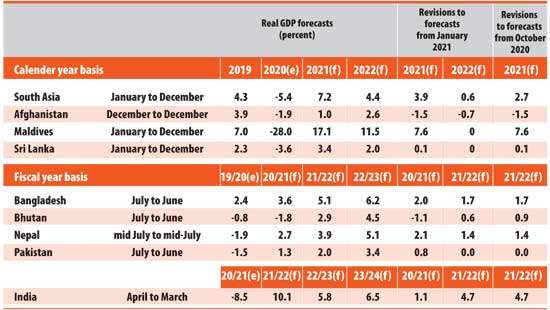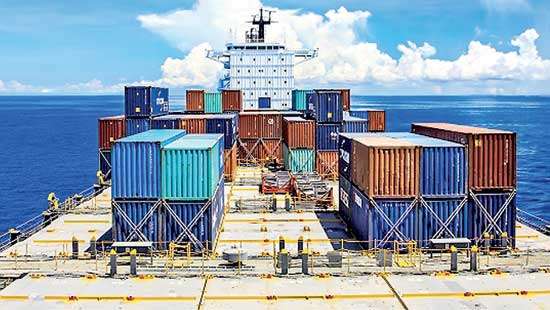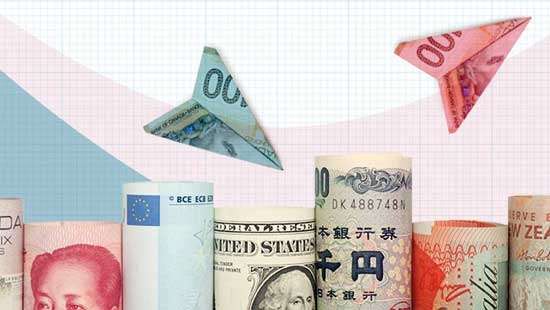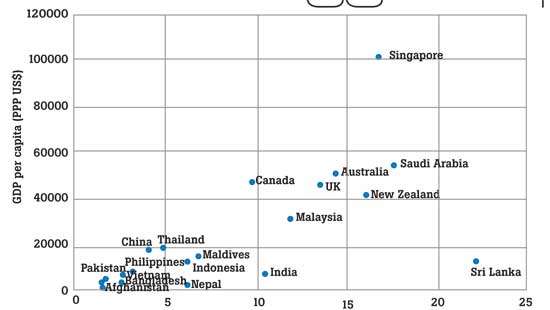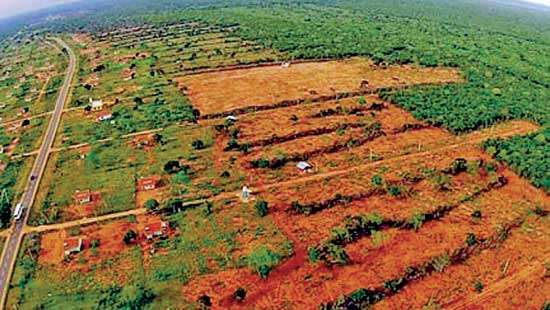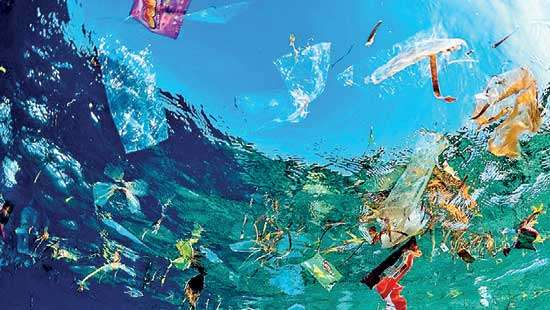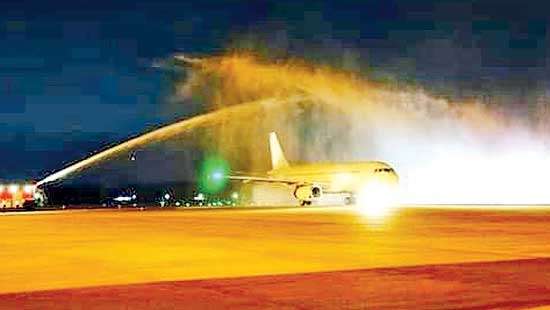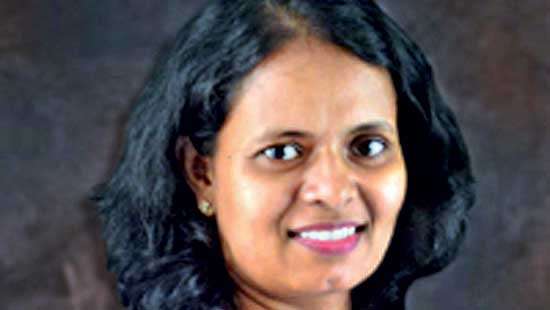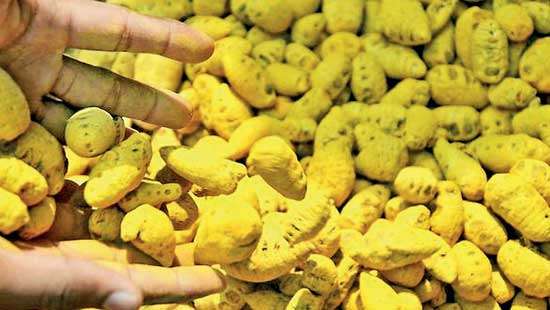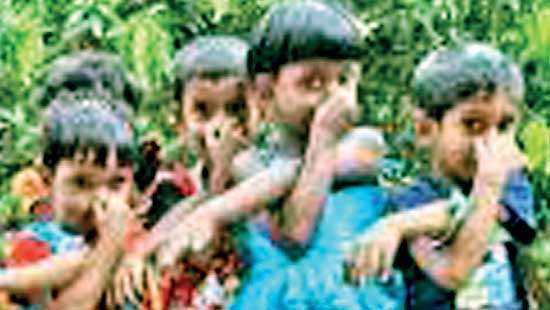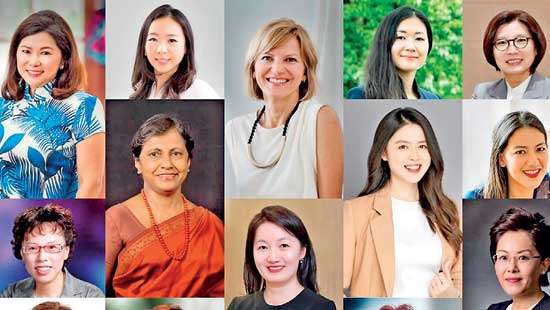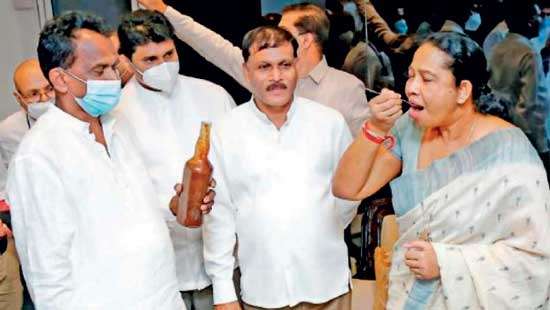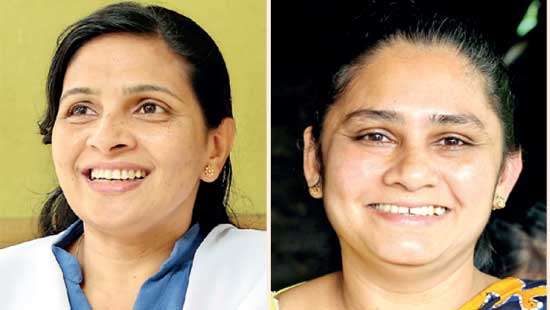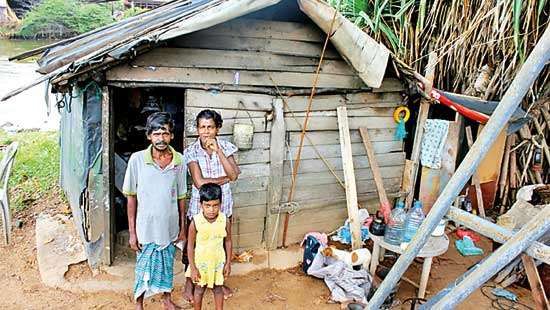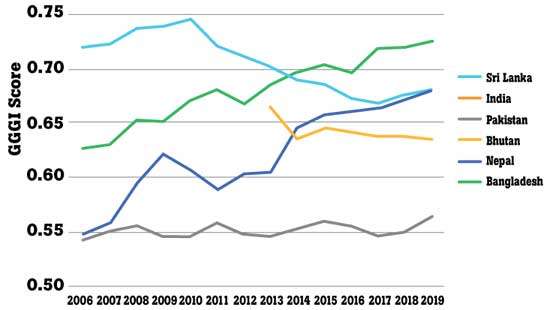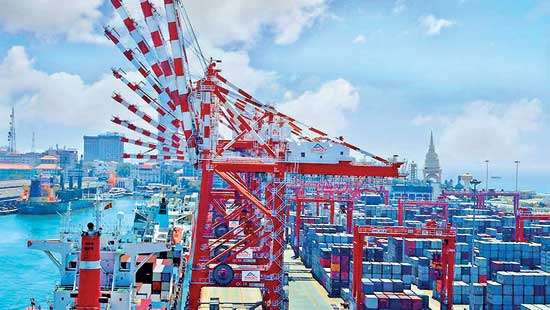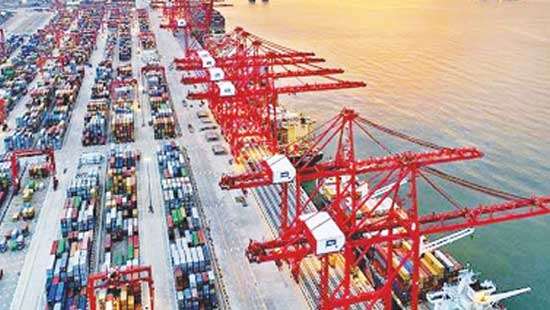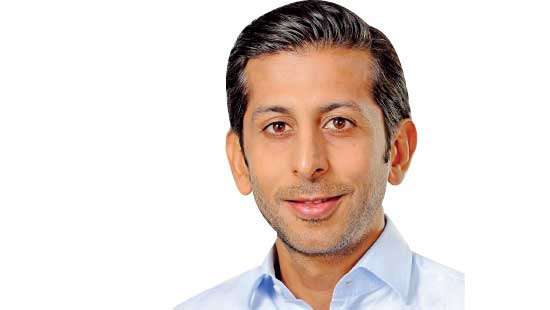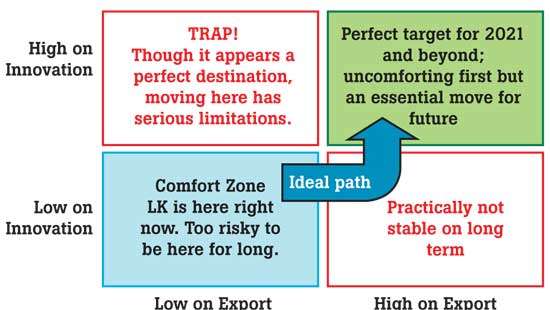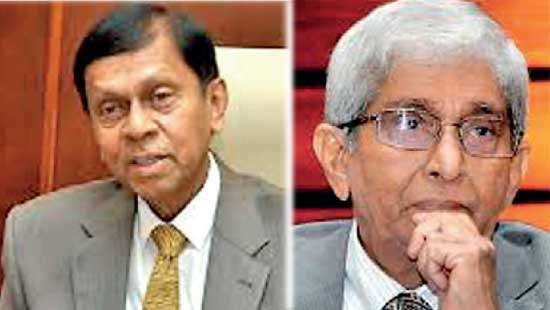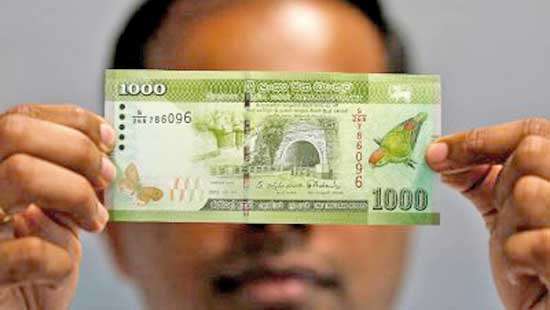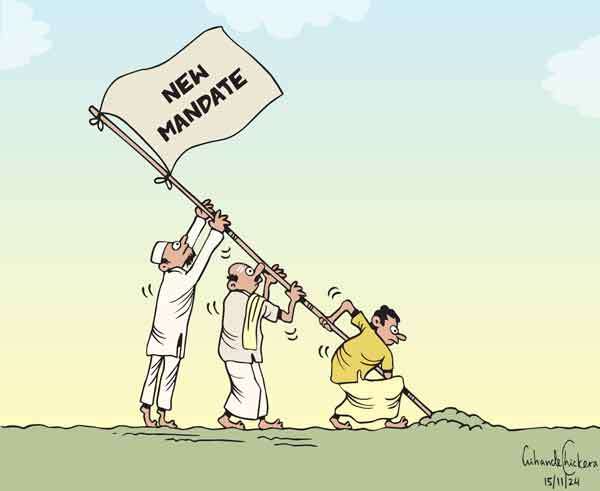Features
South Asian economies bounce back but face fragile recovery: World Bank
01 Apr 2021
 0
0
Prospects of an economic rebound in South Asia are firming up as growth is set to increase by 7.2 percent in 2021 and 4.4 percent in 2022, climbing from historic lows in 2020 and putting the region on a path to recovery.
A healthy Indian Ocean feeds, protects, and connects all South Asians
01 Apr 2021
 0
0
It is the oceans that engendered life. The lives of humans remain connected to the seas, making the good health of the seas and the efficient management of sea-based activity essential elements for the wellbeing of people and nations.
Litro Gas remains firmly committed to global standards and safety procedures: Director
01 Apr 2021
 0
0
Jayantha Basnayake, Director –Health, Safety & Environment- Litro Gas Lanka Ltd. in this interview speaks about key HSE functions at Litro Gas, its impact on the company, community, customers and all stakeholders, global parameters on safety in the LPG industry, meeting the challenges posed by COVID-19 etc.
Talking Tobacco: How reduced consumption benefits household
25 Mar 2021
 0
0
The substantial health and economic costs of tobacco consumption are well recognised. Tobacco use increases a household’s expenses, diverting a family’s limited resources away from basic needs such as health and education.
Sri Lanka, a smugglers’ paradise
25 Mar 2021
 0
0
The Research Intelligence Unit (RIU) has been conducting ongoing research into the growth of illicit markets in Sri Lanka as they represent the biggest sources of revenue leakage for the government. Herein some insights shared from the most recent report.
Five reasons why South Asia is coming together to beat marine plastic pollution
24 Mar 2021
 0
0
Collaboration, cooperation, consensus – these words are seldom used when describing the interactions of the eight sovereign nations that make up South Asia. For a variety of reasons, South Asia is considered the least integrated region in the world with restrictions on the movement of people, goods, services and capital.
FitsAir eyes major expansion in domestic and int’l operations
23 Mar 2021
 2
2
With the vaccines against the coronavirus gaining momentum in Sri Lanka and across the globe, Fits Aviation (Pvt.) Limited (FitsAir), Sri Lanka’s sole private sector-owned airline with operations in both cargo and passenger segments, eyes major expansions in its domestic and international operations, with a view to support the country’s exporters and to realise the country’s potential in tourism while positing air travel as a viable transport mod
Social perceptions on role of women must change
23 Mar 2021
 0
0
Sunimalee Madurawala is a Research Economist at the Institute of Policy Studies of Sri Lanka (IPS). Her research interests include health economics, gender and population studies. Madurawala holds a BA (Economics Special), with First Class Honours and a Masters in Economics (MEcon) from the University of Colombo. She is also partly qualified in CIMA-UK. Following are excerpts from an interview with her.
Beyond turmeric: How import controls affect Sri Lanka’s economy
18 Mar 2021
 0
0
Raw turmeric roots on the shelves of roadside vendors is a frequent sight nowadays. Thanks to the import controls, turmeric now fetches a higher price domestically; prices having soared by as much as 275 percent from Rs. 80 per kilo to Rs. 300 per kilo.
Shiromal Cooray amongst 14 rising biz women for 2021 EY Entrepreneurial Winning Women Asia-Pacific programme
16 Mar 2021
 0
0
EY has announced 14 female business leaders selected for the Asia-Pacific class of the 2021 EY Entrepreneurial Winning Women — a programme designed to support women entrepreneurs to become global market leaders and to scale their businesses to reach full potential and break down barriers. Amongst them is Shiromal Cooray, Chairman and Managing Director of Jetwing Travels (Pvt.) Ltd and Chairman of Jetwing Hotels (Pvt) Ltd.
Dhammika Peniya: A post-mortem for ethics and business success
16 Mar 2021
 0
0
Having spent our childhood with Asterix comics, we were not really surprised in encountering our own Getafix (‘Veda Pappa’ in Sinhalised version) in the form of a house constructor turned medic in Kegalle, offering us magic portion in quarter litre bottles, a proven remedy, according to him, against COVID-19, the worst known pandemic of recent times.
Working remotely in the age of COVID: Who is left behind?
09 Mar 2021
 0
0
The COVID-19 pandemic which was first reported in Sri Lanka in January 2020 has distressed the country’s labour market. According to the Department of Census and Statistics, with the onset of the pandemic, the labour force participation has decreased and the unemployment rate has increased, indicating reduced job openings.
Empower one woman and you empower a whole community
09 Mar 2021
 0
0
It is aptly said that when a woman becomes financially independent she sets off a chain reaction of positive outcomes within her family and wider community. In my long journey of working with women right from the grassroots right up to the higher corporate echelons in Sri Lanka, this reality is evident.
Towards zero poverty: Why effective targeting of Samurdhi transfers essential
04 Mar 2021
 0
0
The first Sustainable Development Goal (SDG) is to “end poverty in all its forms everywhere” by 2030. While achieving the goal of zero poverty is a lofty goal for any government, it is profoundly more so for those of developing countries.
Reducing the gap in understanding Sri Lanka’s gender gap
04 Mar 2021
 0
0
The World Economic Forum’s Global Gender Gap Index (GGGI) is a composite index that measures the extent of gender-based gaps in and among countries and tracks progress towards reducing these gaps over time. See Box 1 on calculation of the Gender Gap.
Confronting capitalism – market-oriented economy with state guidance
25 Feb 2021
 0
0
Recently Central Bank Governor Prof. W.D. Lakshman at a media briefing stated that Sri Lanka was following a market-oriented economy with state guidance, involving some controls and restrictions. He was quoted as saying that such a framework would not be successful under an IMF programme. This, in my view needs further elaboration.
Glass ceiling or the sticky floor
25 Feb 2021
 0
0
With the recent events unfolding in Sri Lanka, it’s high time that the corporate leaders and thought leaders of the Sri Lankan society take a stand on the gender discrimination that is happening right before our very own eyes. The elephant in the room is conveniently ignored, whereas all mundane topics are being discussed.
Apparel exporters stay positive despite freakish outlook
11 Feb 2021
 0
0
Newly elected chief of the Sri Lanka Apparel Exporters’ Association (SLAEA) Aroon Hidramani spoke to Mirror Business recently on how the country’s apparel sector is gearing up to tackle 2021 after a tumultuous year marred by a global pandemic.
Economic recovery 2021: Why innovation and export orientation matter
11 Feb 2021
 0
0
Two thousand twenty-one will be a difficult year. For most economies – not just for Sri Lanka. One does not have to be a macroeconomist to predict that. This year carries a legacy from 2020 that has brought unprecedented economic shocks as the consequences of a world pandemic situation, unknown at least for 100 years, the last such incident being the 1918-19 Spanish flu.
How HR can make work human in 2021
11 Feb 2021
 0
0
Two thousand twenty-one—it’s finally here! I think we can all agree that the last year was both the longest and fastest year ever. One thing we will all remember from 2020 is how work and life collided and converged in an unprecedented way, making the line between work and human experiences more blurred than ever.
Sri Lanka has to set an urgent glide path to IMF
08 Feb 2021
 0
0
The Sri Lankan authorities have been able to achieve stable macro-economic indicators despite the severe economic dislocation caused by the pandemic. Inflation has remained well within the 4-6 percent target range and the improvement of the trade deficit has had a positive impact on the current account of the balance of payments.

Fonterra to proceed with sale process for Consumer businesses
08 Feb 2021
 0
0

BOI signs US$ 12.16mn deal with Celogen Lanka
08 Feb 2021
 0
0

Nissan to lay off thousands of workers as sales drop
08 Feb 2021
 0
0

EU Ambassador meets new BOI Chief to discuss economic ties
08 Feb 2021
 0
0

SLCERT warns WhatsApp users against sharing OTPs to prevent hacking
08 Feb 2021
 0
0

NPP heading for clear parliamentary majority
08 Feb 2021
 0
0


